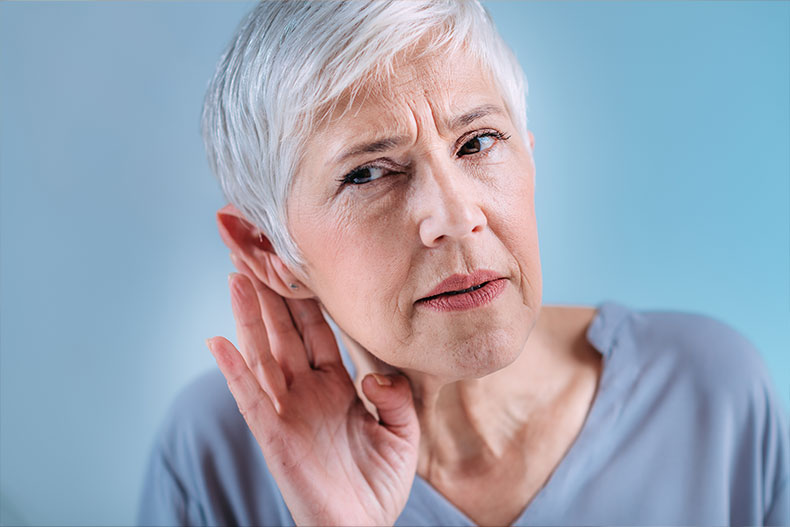
Understanding Age-Related Hearing Loss: Causes and Consequences
Hearing loss is often seen as a concern exclusive to older adults, and rightly so—it ranks as the third most common chronic health condition among seniors, following hypertension and arthritis. According to the National Institute on Deafness and Other Communication Disorders:
- About 10% of adults aged 55-64 experience hearing loss.
- This jumps to 25% for those aged 65-74.
- Alarmingly, 50% of people aged 75 and older live with some degree of hearing impairment.
What Is Presbycusis?
Age-related hearing loss is medically referred to as presbycusis. This gradual condition results from damage to the sensitive hair cells in the inner ear, which are responsible for translating sound into electrical impulses for the brain. Once these cells die, they don't regenerate—making the damage permanent.
Why Does It Happen?
The primary causes of presbycusis include:
- Long-term exposure to loud sounds Sporting events, concerts, power tools, noisy work environments, and even loud household activities.
- Health conditions High blood pressure, stroke, diabetes, viral infections, excessive earwax, certain medications, tumors, and allergies.
- Genetics A significant hereditary component—about 50% of presbycusis cases are linked to family history, especially in men, with earlier onset.
More Than Just Hearing
Age-related hearing loss doesn't just affect auditory ability—it has broader emotional and cognitive implications:
- Mental Health Senior women with hearing loss are particularly vulnerable to depression and emotional distress.
- Cognition Research shows a link between hearing loss and diminished cognitive abilities, including memory and mental processing.
- Income Loss A study by the Better Hearing Institute found untreated hearing loss can result in up to $30,000 in lost annual income, highlighting its impact on professional competency and self-worth.
- Social Relationships Interpersonal connections may suffer due to communication barriers, often leading to reduced self-esteem and social withdrawal.
Prevention Is Key
Presbycusis is irreversible, but it's not inevitable. With proactive hearing protection and regular check-ups, individuals can mitigate years of cumulative damage.

